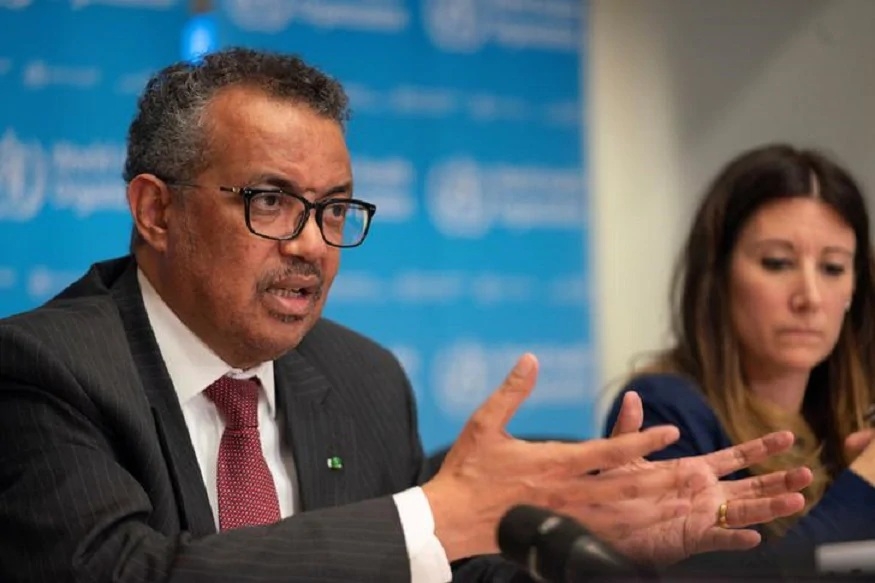WHO launches ‘landmark’ collaboration to develop COVID-19 drug, vaccine
| Date :26-Apr-2020 |

GENEVA :
THE World Health Organisation (WHO) on Friday launched a ‘landmark’ international collaboration to accelerate the development of a vaccine for COVID-19, said Tedros Adhanom Ghebreyesus. The new collaboration was launched at a virtual event co-hosted by WHO Director-General Ghebreyesus, French President Emmanuel Macron, and European Commission President Ursula von der Leyen, Xinhua reported. Ghebreyesus said the UN agency is partnering with groups to accelerate work on drugs and a vaccine for COVID-19 “The COVID19 pandemic is an unprecedented global crisis that has been met with an unprecedented global response. Research and development have played a central role,” said Ghebreyesus. “The world needs these tools and needs them fast,” he said in an announcement.
“We are facing a common threat, which we can only defeat with a common approach,” he added. Showing his strong support to the new collaboration, French President Emmanuel Macron said that from the moment the world wins this battle against the disease, the vaccine should be accessible to all populations as soon as possible and everywhere. COVID-19 has infected more than 2.7 million people and killed at least 1,91,000 worldwide, according to Johns Hopkins University. WHO warns against idea of ‘immunity passports’: THE World Health Organisation is cautioning against the idea of “immunity passports.”
It says there is currently no evidence that people who have recovered from COVID-19 and have antibodies are protected against a second infection. The concept of “immunity passports” or “risk-free certificates” has been floated as a way of allowing people protected against reinfection to return to work. But the Geneva-based UN health agency says in a scientific brief released on Saturday that more research is needed. It says that “at this point in the pandemic, there is not enough evidence about the effectiveness of antibody-mediated immunity to guarantee the accuracy of an ‘immunity passport’ or ‘risk-free certificate.’” It argues that people who assume they are immune to reinfection may ignore public health advice, and such certificates could raise the risks of continued virus transmission. WHO adds that tests for antibodies of the new coronavirus also “need further validation to determine their accuracy and reliability.”